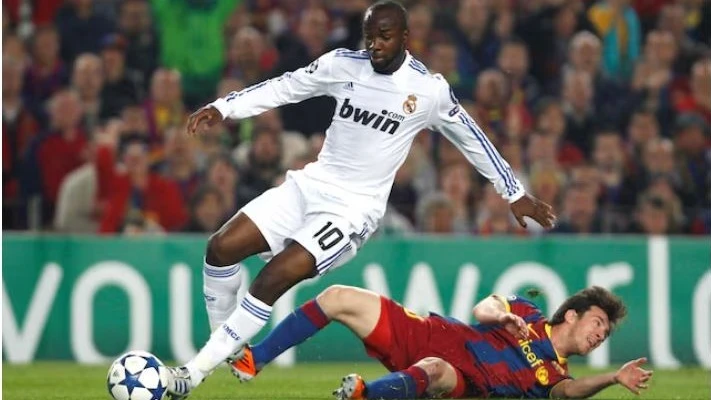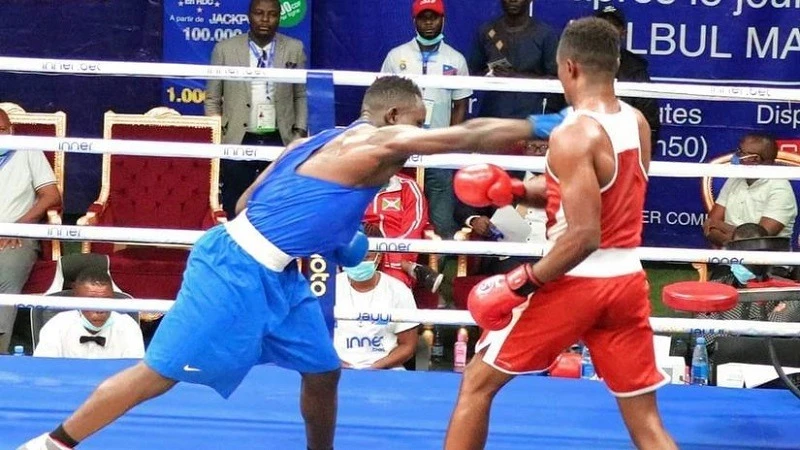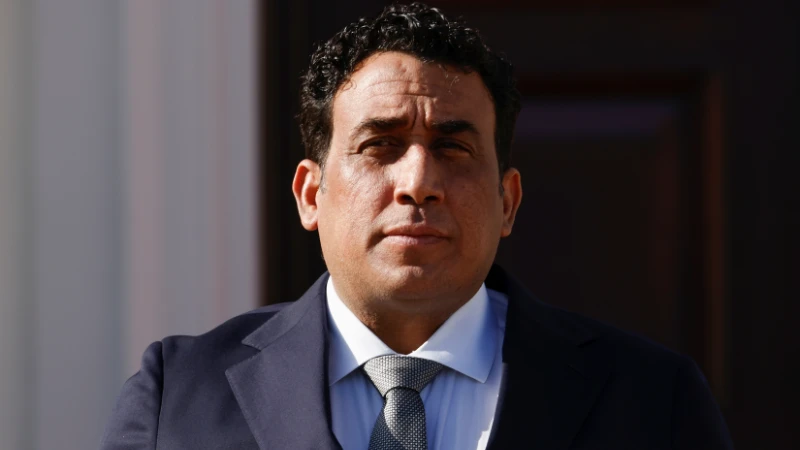FIFA amends transfer regulations following Diarra ruling

FIFA has adopted an interim framework concerning the Regulations on the Status and Transfer of Players, world soccer's governing body said on Monday, following a Court of Justice of the European Union ruling.
In October, the EU's top court said some of FIFA's rules on player transfers went against European Union laws and free movement principles in a case linked to former Chelsea, Arsenal and Real Madrid player Lassana Diarra.
The interim regulatory framework affects the calculation of compensation payable if there is a breach of contract and the burden of proof in relation to both compensation payable and an inducement to breach a contract.
The framework adds a general definition of 'just cause' which says it "shall exist in any circumstance in which a party can no longer reasonably and in good faith be expected to continue a contractual relationship'.
The interim regulatory framework is no longer based on the specific calculation criteria deemed problematic by the court.
Instead, compensation will be calculated in an objective and transparent way at a level required to restore the party that suffered damage due to a breach of contract to the position in which they would have been had the breach not occurred.
FIFA requested talks with all key stakeholders before making their interim amendments, which take effect on Jan. 1 2025, but players' union FIFPRO declined to take part in discussions.
FIFPRO has issued a statement criticising FIFA's decision, and said it was unable to reach a consensus under which it could negotiate amendments to the regulations to reflect the ruling.
"We do not agree with the temporary measures announced by FIFA which have been introduced without a proper collective bargaining process," FIFPRO said.
"The measures do not provide legal certainty to professional footballers and do not reflect the judgement by the European Court of Justice."
In 2014, Diarra left Lokomotiv Moscow one year into a four-year deal and the Russian club took the matter to FIFA's Dispute Resolution Chamber, arguing he had breached the rules when his contract was terminated after the player decided to leave without just cause following a pay cut.
Diarra received an offer to join Belgian club Charleroi but the club backed out after FIFA refused to sign the International Transfer Certificate, preventing the midfielder being registered with the Belgian federation.
According to the CJEU ruling, it is unlawful to refuse to sign the ITC.
In 2015, FIFA ordered Diarra to pay 10 million euros ($11 million) in damages to Lokomotiv, prompting the player to sue soccer's world governing body and the Belgian FA for damages before a local court.
REUTERS
Top Headlines
© 2025 IPPMEDIA.COM. ALL RIGHTS RESERVED
























